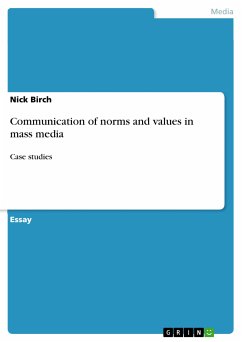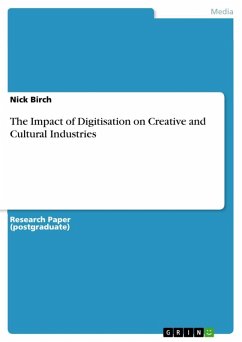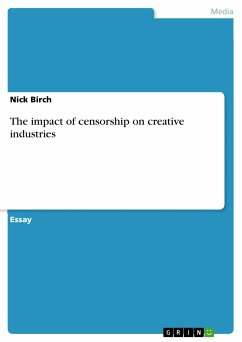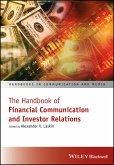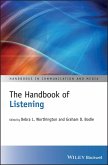Research Paper (postgraduate) from the year 2014 in the subject Communications - Media and Politics, Politic Communications, grade: 1.4, Central Queensland University, course: Applied Communication Arts, language: English, abstract: Mass Communication is a primary contributor to the construction and maintenance of culture. The precise relation of culture to mass communication and its function in our lives has long been debated (Baran, 2010). Because of the power mass communication has in shaping culture, it presents us with both opportunities and responsibilities. Media industries must operate ethically or risk negatively influencing the culture in which they exist. Consumers likewise have the responsibility to critically examine media messages (Baran, 2010). Both technology and money shape the mass communication process. Innovations in technology bring about new forms of media, or make older forms more accessible. As profit-making entities, the media must respond to the wishes of both advertisers and audience. Ultimately, though, the consumers choose which forms of media they support and how they react to the messages that face them. Technological and economic factors such as convergence and globalization will influence the evolution of mass communication (Baran, 2010). [N]ewspapers are downsizing, consolidating to survive, or closing all together; radio is struggling to stay alive in the digital age; and magazine circulation is decreasing and becoming increasingly more focused on microaudiences. The information function of the news has been criticized and called "infotainment," and rather than bringing people together, the media has been cited as causing polarization and a decline in civility. (Charles et al. 2009)
Dieser Download kann aus rechtlichen Gründen nur mit Rechnungsadresse in A, B, BG, CY, CZ, D, DK, EW, E, FIN, F, GR, HR, H, IRL, I, LT, L, LR, M, NL, PL, P, R, S, SLO, SK ausgeliefert werden.



